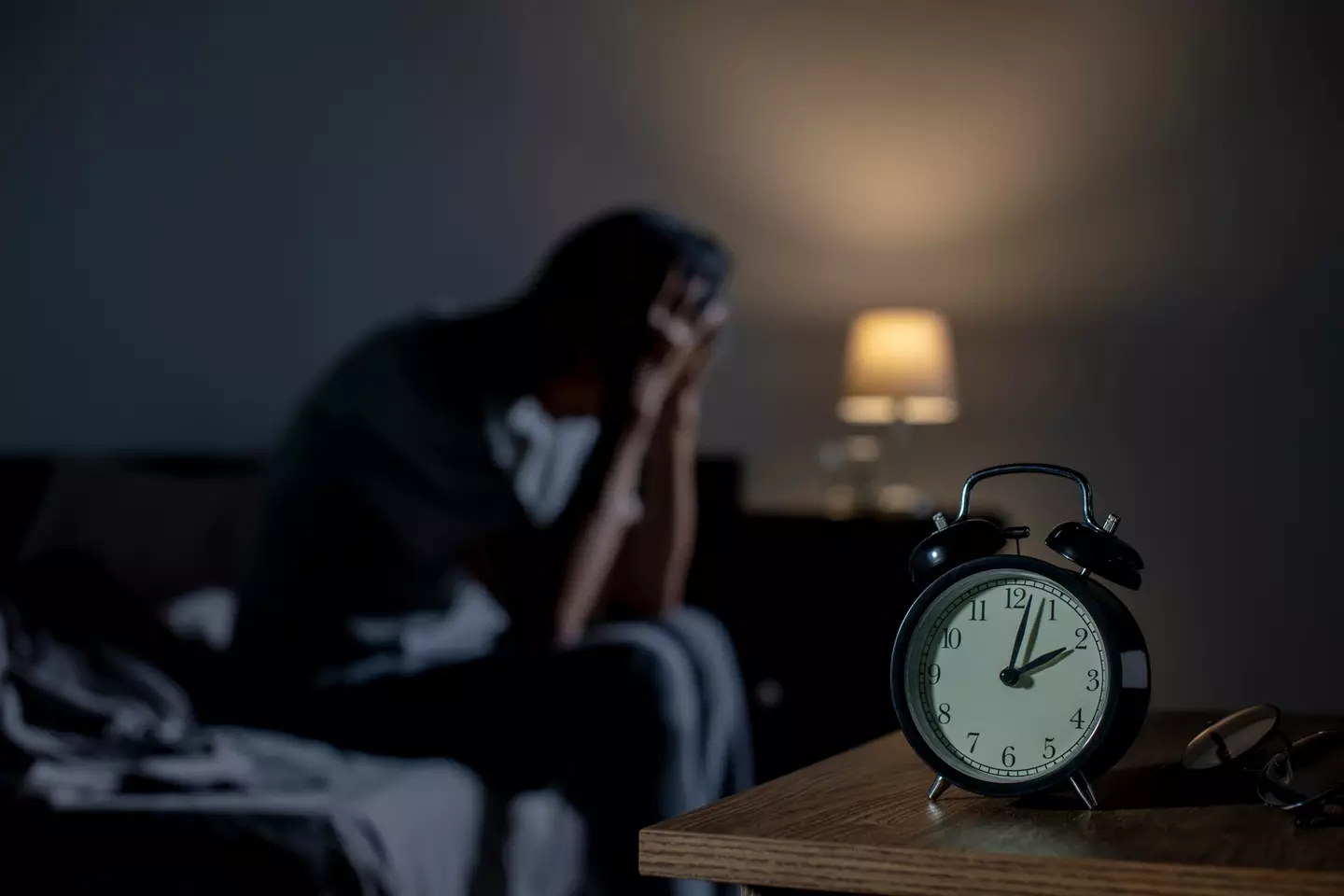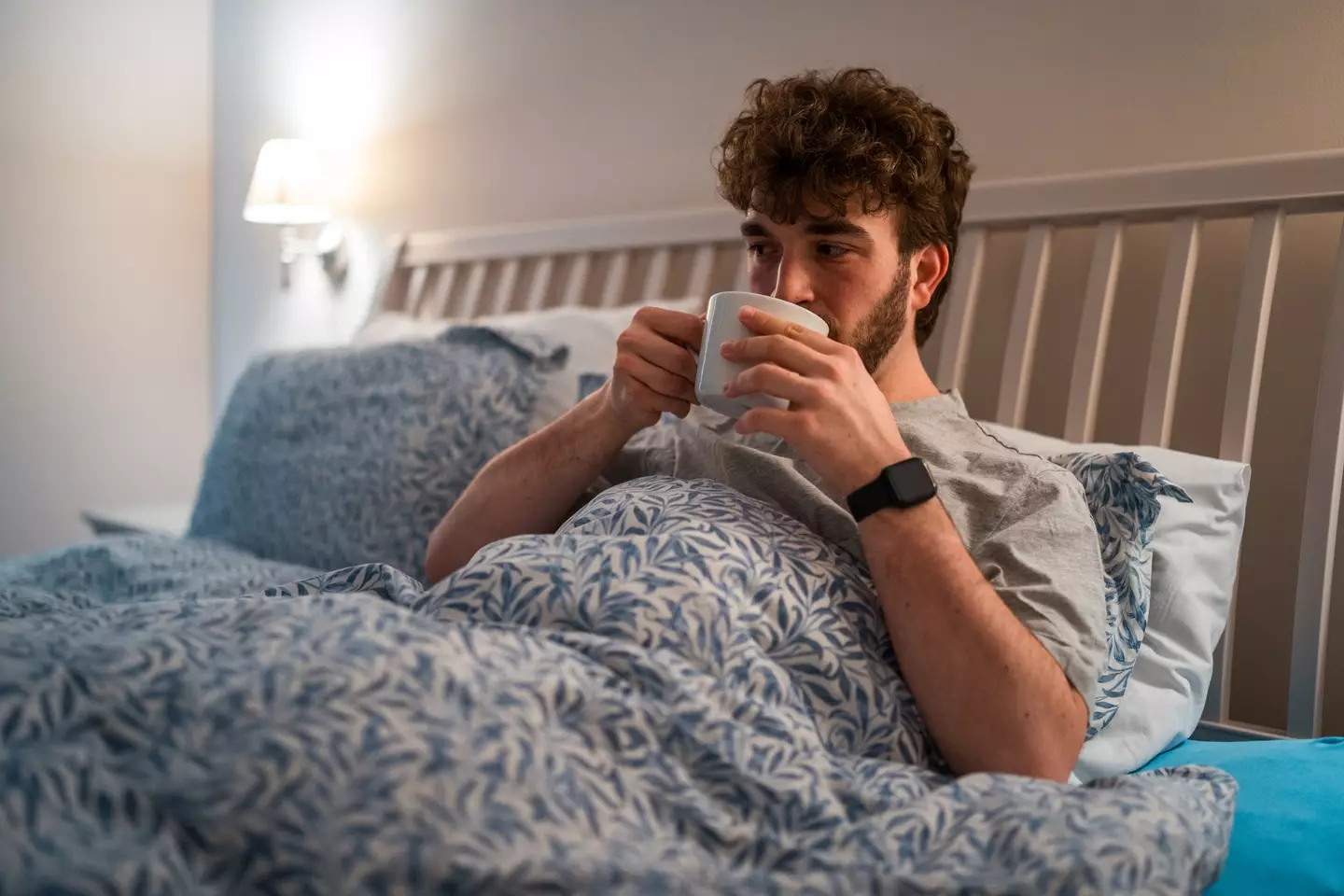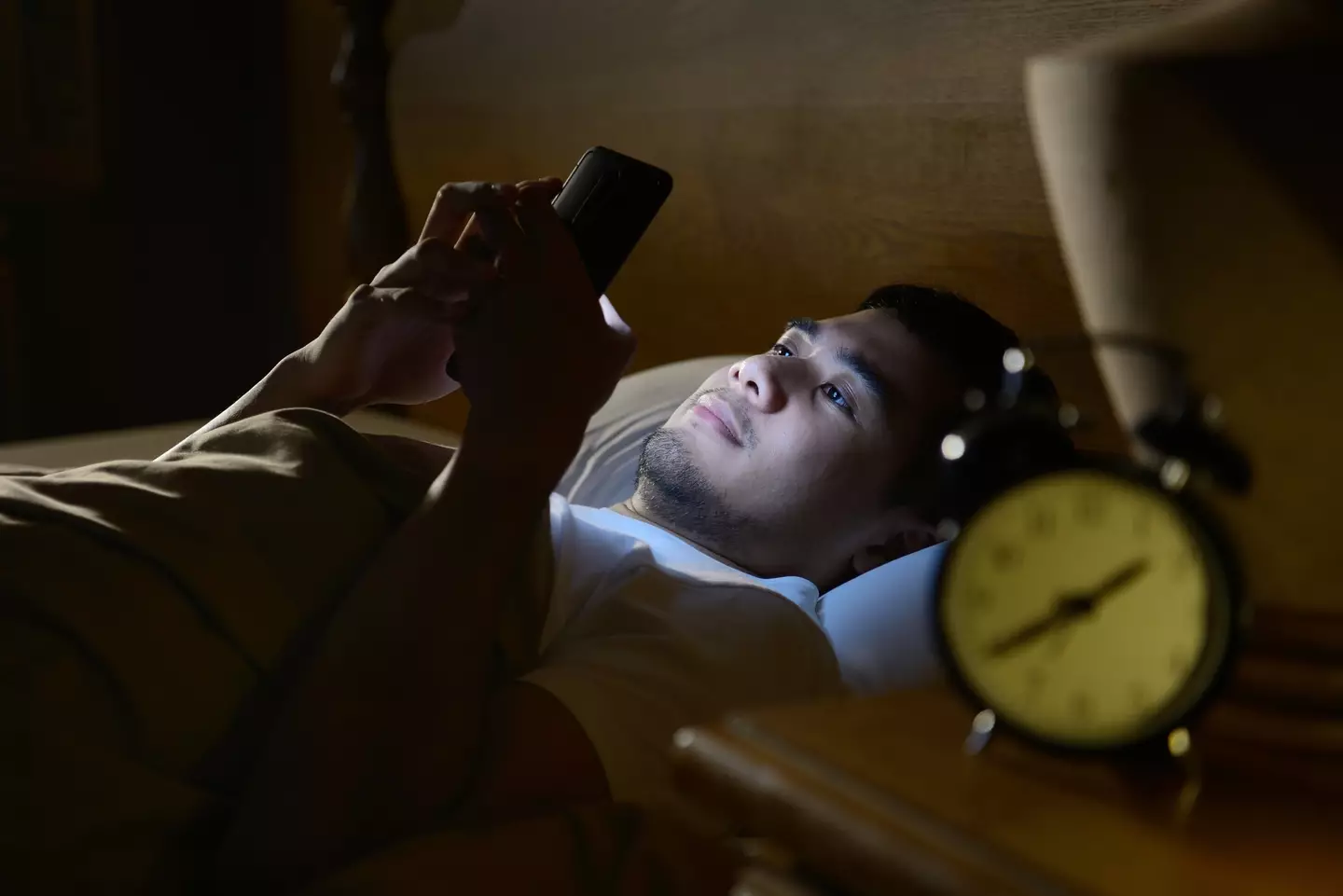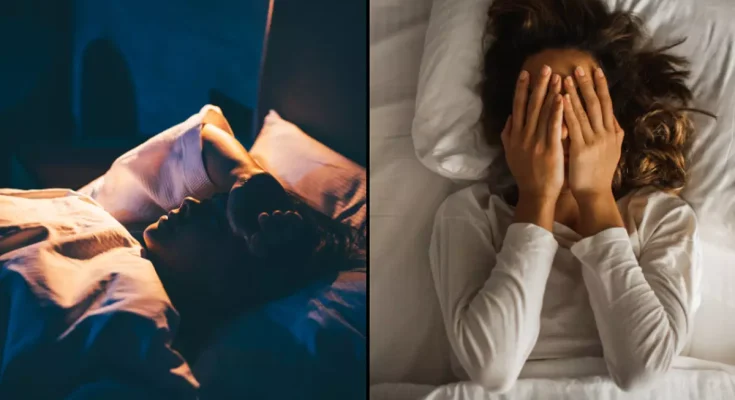Struggling to get a good night’s sleep is something many of us battle with on a regular basis.
And getting that elusive ‘eight hour’s kip’ every night can be pretty hard to stick to.
This comes after as many as one in five people in Britain don’t get enough sleep, according to Mental Health UK.
While poor sleep could be down to all sorts, from night-time noise, air pollution, to work stresses or eating too late in the evening.
 Adults need between seven and nine hours of sleep. (Getty Stock Images)
Adults need between seven and nine hours of sleep. (Getty Stock Images)
However, if you’re like me who suffers from having disturbed sleep, here are the six things you should never do if you wake up in the middle of the night, reports the Express.
Firing up the brain
Sleep expert Lisa Artis from the Sleep Charity, who works with sleep specialists Simba, recommends to avoid looking at your phone or turning on the TV if you wake up before your alarm goes off.
She said: “Engaging in stimulating activities, such as checking emails, scrolling through social media, or tuning into a TV show on your mobile, can make it harder to relax and fall back asleep.
“The bright screens and mental stimulation can further disrupt your sleep-wake cycle. Instead, opt for calming activities like reading a book or listening to soothing music.”
Avoid the nap trap
If you’re constantly waking up in the middle of the evening, then avoid napping in the day, Lisa says.
The expert warned: “Napping can interfere with your sleep drive and make it harder to fall asleep at night.
“If you really need to nap, do so before 3pm, and keep it short (around 20 minutes).”
Don’t drink caffeine before bed Don’t do it (Getty Stock Images)
Don’t do it (Getty Stock Images)
If you look forward to an evening brew, Lisa suggests that you should have it six hours before your bedtime.
She said: “Don’t let caffeine and nicotine turn your sleep into a jittery jive.
“Skip stimulants for six hours before bedtime opting for soothing sips instead.
“Prepare a comforting mug of golden milk, a traditional Ayurvedic remedial beverage made with turmeric, ginger, and warm milk.
“Turmeric contains curcumin, which has potential sleep-enhancing and anti-inflammatory properties that may aid in relaxation and improve sleep duration.”
Avoid sleep potion commotion
Lisa said that sleep aids are for ‘for occasional use and consult a healthcare professional for proper guidance’.
Don’t stay in bed Insomnia is difficulty getting to sleep or sleeping long enough to feel refreshed (Getty Stock Images)
Insomnia is difficulty getting to sleep or sleeping long enough to feel refreshed (Getty Stock Images)
While this might sound a bit crazy, the sleep expert reckons that ‘if you’ve been awake for more than 20 minutes, get up’.
“Staying in bed may create an association between wakefulness and your sleep environment, making it even harder to fall asleep in the future,” Lisa explained.
Do not turn on the big light
Lastly, Lisa says you need to resist the temptation to turn on the big light in your bedroom because ‘if you do get up, try and keep the light as low as possible while ensuring you can safely see’.



